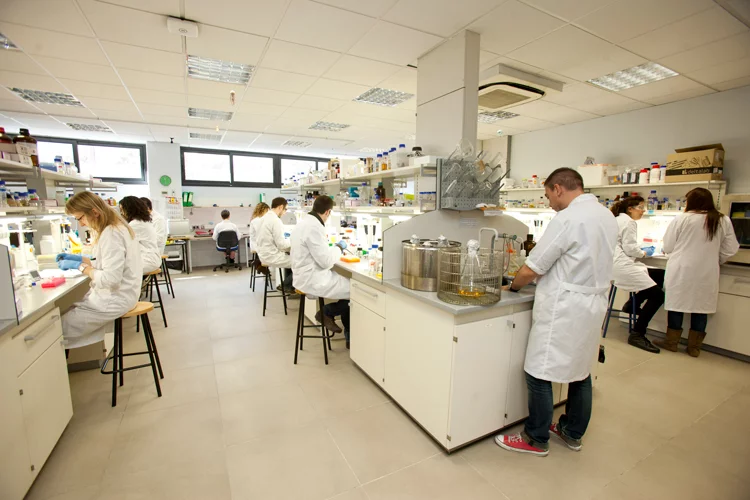IQS has been working with and for companies for many years on research, innovation, and technology transfer. However, we believe that we can improve every day and adapt to changes from both within the university and beyond with companies, getting stronger and encouraging us to continue advancing.

No one has said that technology transfer is easy within higher education, but everyone agrees that a university without research or transfer would make no sense in today's world.
First, technology transfer is a "good thing." It is an activity that is intrinsic to universities, just like teaching and research. The production and dissemination of new knowledge is generally the result of research activity, but when we can make economic or commercial use of it with companies, that's when it becomes transfer. In this way, we produce new knowledge and technology to reach the market in the form of new services, new products, and new ways of producing that ultimately impact the wellbeing of society. This is how we contribute to industrial innovation.
Second, we must bear in mind that technology transfer does not take place on its own. Involvement, resources, and intense dedication are necessary both from researchers and other support staff that make interacting with business and industry viable. Professors must find more time and combine this work with their more traditional teaching and research duties. Consideration should also be given to how the results of their research can address problems or challenges that companies face. This implies a change of mentality and taking into account a different environment that is very results-oriented and has time constraints and economic restrictions. People engaged in technology transfer must be creative and innovative to see everything differently.
Third, it is essential to establish a conceptual framework, a policy, a structure, a way of doing things, and a series of procedures. It is necessary to think about issues such as intellectual property ownership, exploitation rights, transfer models, types of agreements with companies and investors, incentives for researchers, benefits for research groups, training activities, the structures that make it viable, and so on.
However, it's all worth it in the end. The vast effort is rewarded both institutionally and personally. The university becomes more involved in its surroundings and strengthens its social commitment. Connections with companies grow. The activity generates income that enters into the cycle of investments and future plans. Recognition of the university as an innovative centre spreads. Professors and researchers are aware of their contributions to addressing the challenges that citizens and businesses face. They establish relationships with the business environment and trust grows within these cross-disciplinary teams. They are involved in future challenges and feel like they are part of the value chain. The satisfaction goes far beyond financial compensation.
Having a technology transfer office is essential. Because of its size, however, it is not always possible to provide the full range of services that may be required and collaboration with external actors becomes essential. In any case, it is clear that these units are crucial and that professors and researchers must see them as forming part of the university. Their main function is to facilitate relationships between business and higher education, between business needs and the opportunities offered by scientific and technological knowledge, between market value and economic costs, and so on.
IQS has been working with and for companies for many years on research, innovation, and technology transfer. However, we believe that we can improve every day and adapt to changes from both within the university and beyond with companies, getting stronger and encouraging us to continue advancing.
Dr Núria Vallmitjana
Director of IQS Tech Transfer










